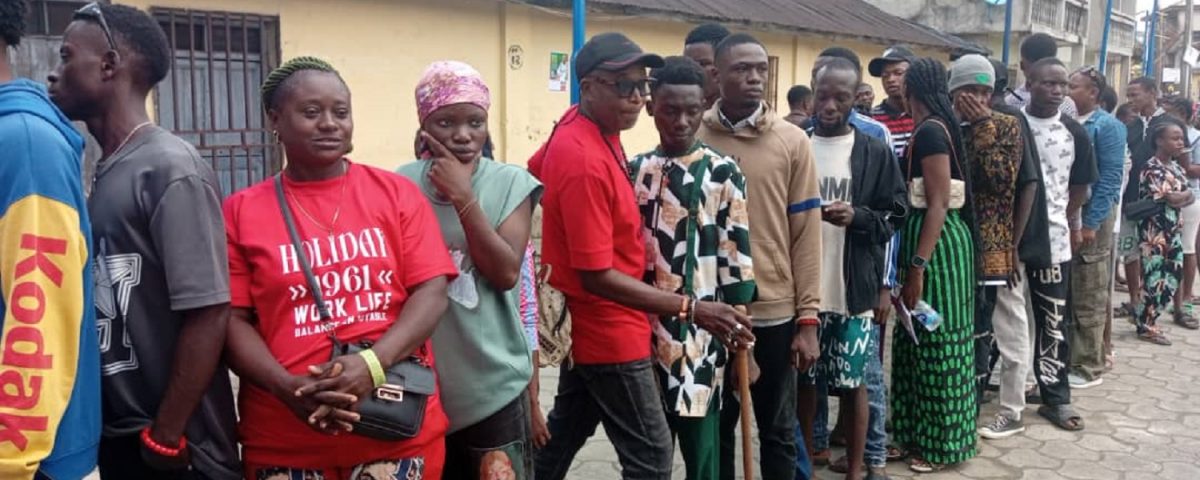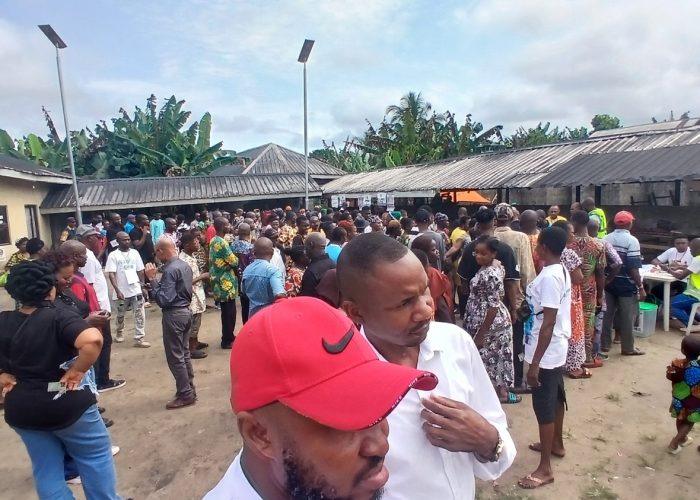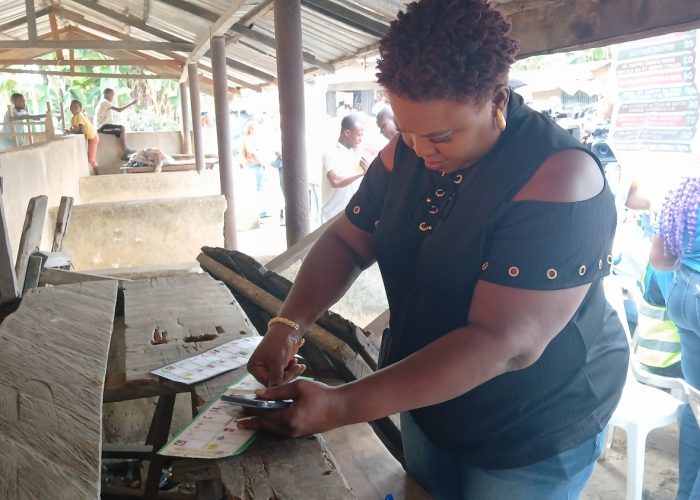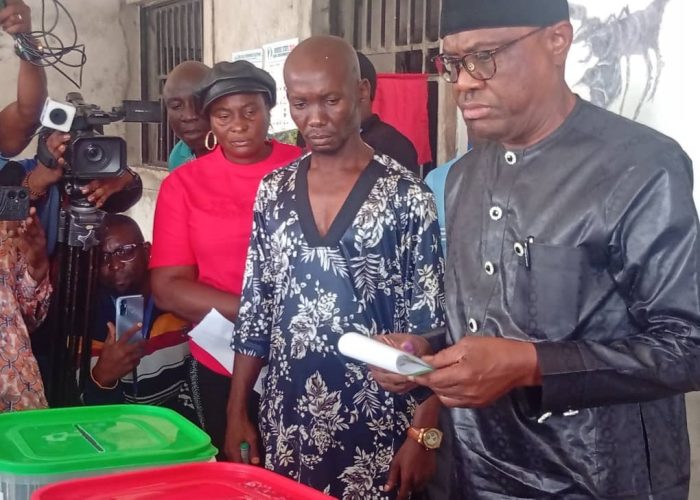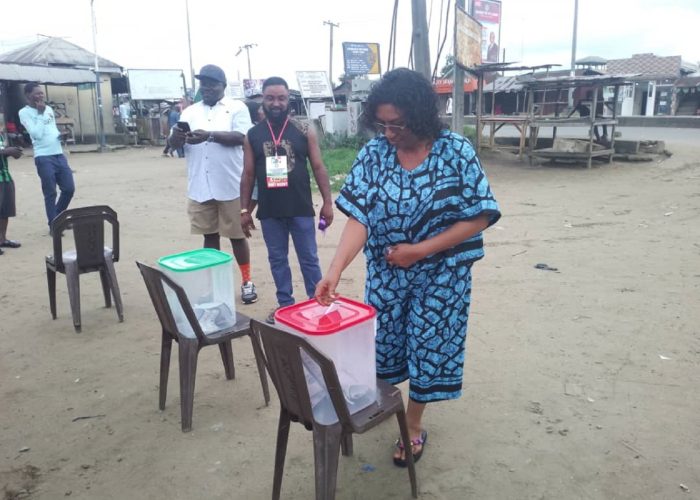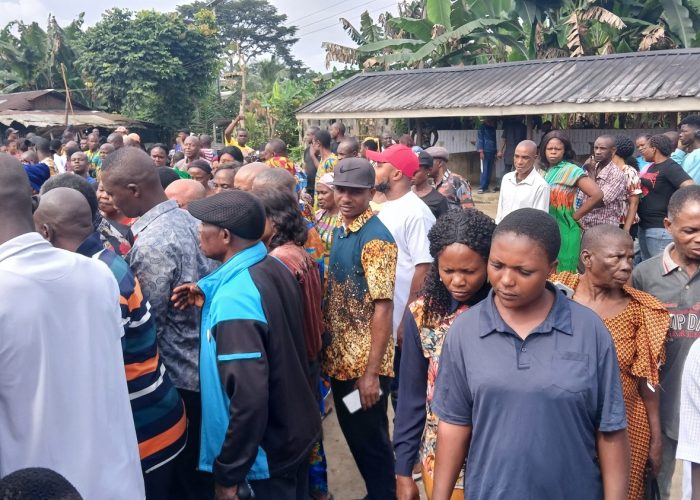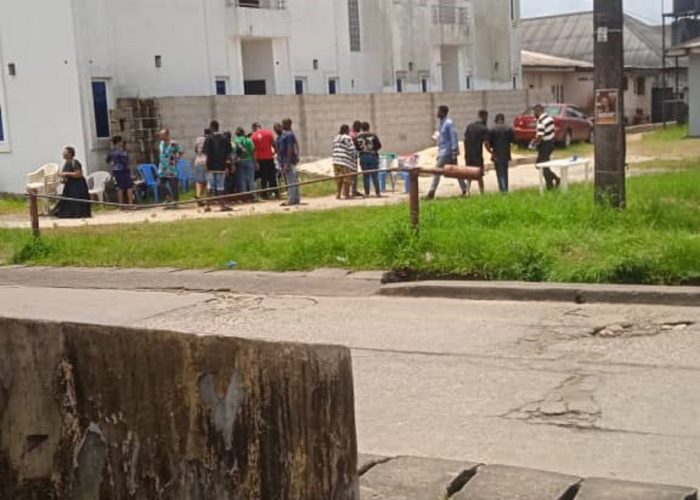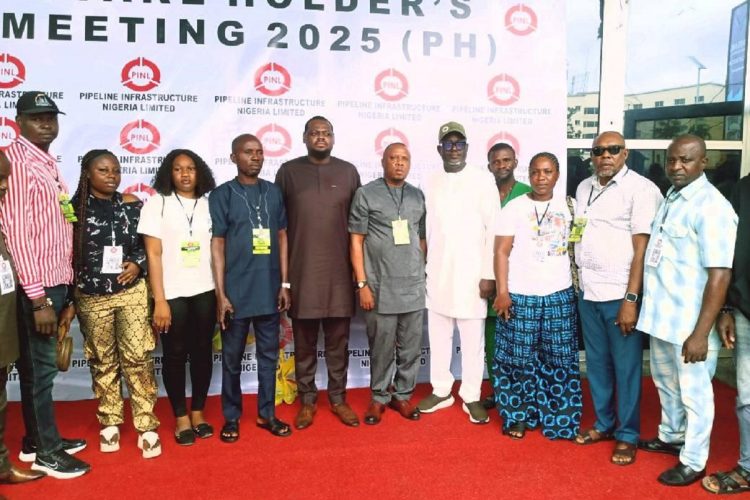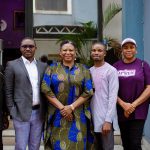
Giving Eleme a Voice: How Sammy Purple is Driving Change Through Media
August 28, 2025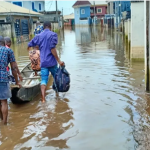
Delta Braces for 290 Rainy Days: Why Asaba’s Flood Woes May Get Worse in 2025
September 4, 2025Elections are more than just calendar dates; they are collective moments when a society asks itself, “Who should lead us next, and why?” On August 30, 2025, Rivers State once again posed that question as citizens went to the polls in local government elections conducted by the Rivers State Independent Electoral Commission (RSIEC).
This election did not take place in ordinary times. It followed closely on the heels of the Federal Government’s lifting of a state of emergency that had gripped the State for months. Lingering anxieties raised fears of low turnout. Yet, across the 23 local government areas, citizens chose to show up, some arriving early, others more cautiously, but all carrying the quiet conviction that their voices mattered.
The Unseen Story of Democracy
For many citizens, casting a vote was about more than choosing local leaders- it was an affirmation that grassroots democracy must survive, even when the wider political climate feels uncertain. Local government is where governance feels most tangible, where decisions about roads, schools, markets, and healthcare shape daily life. In Rivers State, where focus often shifts to federal or state power struggles, the local elections served as a reminder that true governance also resides in places like Obio/Akpor, Bonny, Degema, Tai, Ogoni, and every other LGA where ordinary people live their everyday realities.
Among those present were our NDLink Champions, who went beyond casting their votes to actively observe, document, and share the realities of the elections at the grassroots. Their role was to ensure that the story of participation was told from the ground up, capturing the determination of voters, the conduct of officials, and the atmosphere around polling units.
Ground Realities of the Vote
In Bonny Ward 4, NDLink Champion Temple Halliday described a scene of calm and order, where the process unfolded smoothly despite low turnout. The commitment of those who came out to vote was unmistakable.
In Omoku, Ogba/Egbema/Ndoni LGA, NDLink Champion Ojobah Austine C. also reported a generally calm atmosphere, though the morning began with tension. The absence of result sheets at several polling units sparked quarrels among voters, but the situation later stabilized into relative peace.
In Obio/Akpor LGA, the polls drew high-profile figures, including former Governor of Rivers State and current Minister of the Federal Capital Territory (FCT), Nyesom Wike, who cast his vote in Rumuepirikom, and Dr. Chinyere Agbara, former Vice Chairman of Obio/Akpor, who voted in Choba.
Meanwhile, NDLink Champion Majesty Barikor’s report from Gokana’s Barako community, Ward 11, struck a different note. The turnout was visibly higher and the process more vibrant.
Voting was peaceful, free of violence, and for once, the exercise felt like a genuine civic moment, with citizens showing up not out of obligation but with determination to be counted.
Altogether, the reports from NDLink Champions across Rivers State added depth to the broader narrative of the elections. They revealed the contrasts between urban and rural polling experiences, spotlighted areas with unexpectedly strong participation, and pointed out challenges that persist in the electoral process.
Looking Ahead
As the Rivers State Independent Electoral Commission concluded the process and declared results across the 23 local government areas, the focus now turns to what these elections will mean for governance at the grassroots. Beyond the announcements, the deeper test lies in whether participation translates into greater accountability, stronger institutions, and real development outcomes for citizens.
For NDLink, the Champions’ involvement in observing and monitoring the elections reinforces the value of citizen voices in shaping democratic practice and keeping local governance connected to the people it serves.


